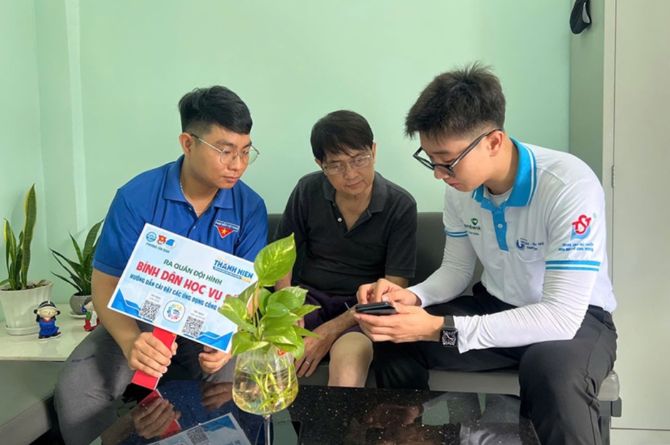
The "Community Digital Transformation" team guides people to install and use essential digital applications. Photo: People's Army Newspaper.
Roadmap for universalizing digital skills for the period 2025 - 2026
The "Digital Education for All" movement sets specific targets for each year, focusing on comprehensive transformation for officials, workers, students and people in general.
By the end of 2025, the City strives to achieve the following targets:
80% of cadres, civil servants, public employees and workers in the public sector have knowledge of digital transformation, digital skills and can use digital platforms and services for work;
100% of high school and university students are equipped with digital knowledge and skills to serve their studies, research, and creativity, and have safe digital skills in learning and social interactions;
80% of adults have basic knowledge of digital transformation, have digital skills, and are proficient in using smart devices to exploit essential digital information and services; and at the same time know how to protect themselves in the digital environment;
80% of adults are confirmed to have universal knowledge of digital transformation and digital skills on the VNeID platform;
80% of workers in enterprises and cooperatives have knowledge of digital technology and basic digital skills, using smart devices to improve labor productivity.
Target for universal access by 2026:
By 2026, all key target groups must achieve 100% of the set targets:
100% of cadres, civil servants, public employees and workers in the public sector have in-depth understanding of digital transformation, digital skills, and proficient use of digital platforms and services for work;
100% of primary school students are equipped with digital knowledge and skills to serve their studies, recognize risks, and have skills to ensure safety in the digital environment;
100% of adults have basic knowledge of digital transformation, have digital skills, and are proficient in using smart devices to exploit information, platforms, and essential digital services, and participate in interactions and safety in the digital environment;
100% of adults are confirmed to have universal knowledge of digital transformation and digital skills on the VNeID platform;
100% of employees in enterprises and cooperatives have knowledge of digital technology and digital skills, and are proficient in using smart devices to serve production and business.
To achieve this goal, the Plan requires implementation to be systematic, scientific , flexible, and creative. Traditional methods such as direct propaganda, radio, and television will be flexibly combined with the use of digital technology applications, artificial intelligence, and online learning platforms to ensure suitability for all audiences, especially vulnerable groups.
The city emphasizes close and effective coordination between departments, branches, sectors, People's Committees of wards, communes, special zones and the grassroots political system. In addition, it is necessary to promote the participation of socio-political organizations, businesses, universities, experts and the community, in order to create an ecosystem to support sustainable digital skills dissemination.
Key solutions
The plan proposes several key solutions to spread the movement:
Communication : Extensive communication on mass media and social networking platforms about digital transformation and the “Digital Education for All” Movement. The city will mobilize influential people in the community (KOLs) to participate in communication, spreading the movement to every household. Other forms of communication include producing visual infographics, short instructional video clips, and attaching QR codes at public places for people to easily and quickly access the “Digital Education for All” website.
Promoting digital platforms and ecosystems : Utilize channels such as Facebook Fanpage, Zalo OA, YouTube channels of departments, branches and sectors to regularly update the program and receive comments from people. The plan also requires deploying the "Ho Chi Minh City Digital Citizen Application" to all officials, civil servants, public employees and people in the area.
Training : Organize “Digital Literacy” classes to train, educate, and provide specific guidance. Disseminate knowledge about digital transformation and digital skills to key target groups such as civil servants, citizens, students, and vulnerable groups.
Mobilizing students : Strengthen coordination with universities to integrate information about the "Digital Education for All" program into teaching activities, and launch competitions to develop creative ideas from students to promote the program throughout the city.
Organizing periodic inspections and monitoring of program implementation and evaluating results based on specific and objective criteria is also emphasized to ensure that activities are directed to the right target audience and have sustainable impacts in the community.
Source: https://doanhnghiepvn.vn/cong-nghe/tp-ho-chi-minh-phan-dau-100-nguoi-truong-thanh-co-ky-nang-so/20250924114936903







![[Photo] Prime Minister Pham Minh Chinh attends the groundbreaking ceremony of two key projects in Hai Phong city](https://vphoto.vietnam.vn/thumb/1200x675/vietnam/resource/IMAGE/2025/9/27/6adba56d5d94403093a074ac6496ec9d)


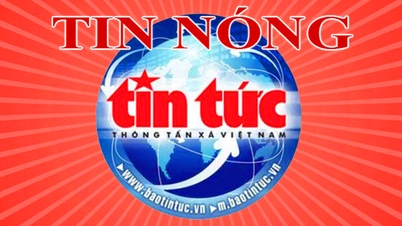





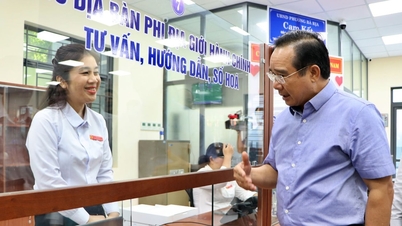








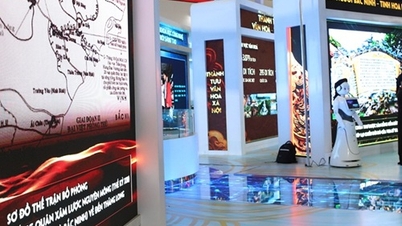






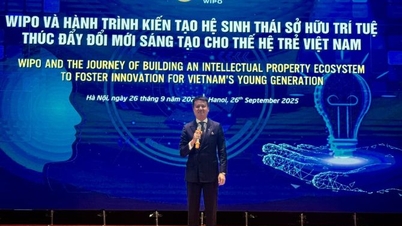













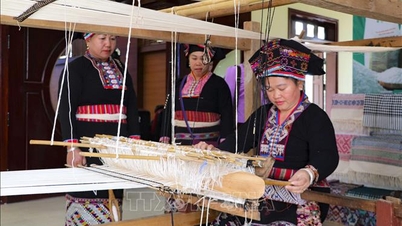
















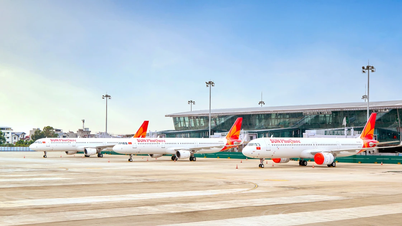


















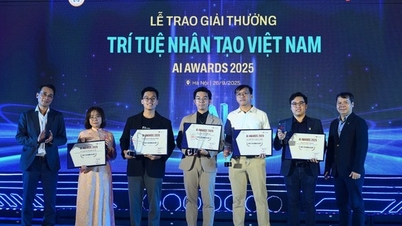
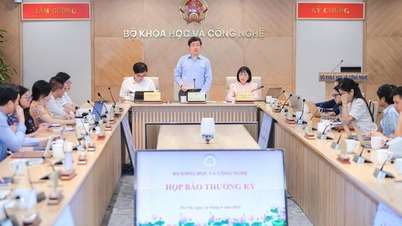



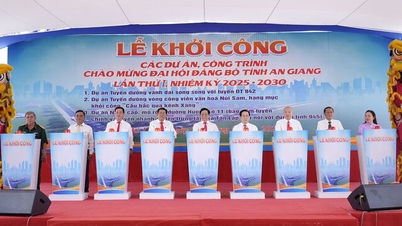


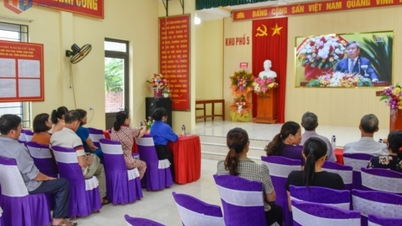

















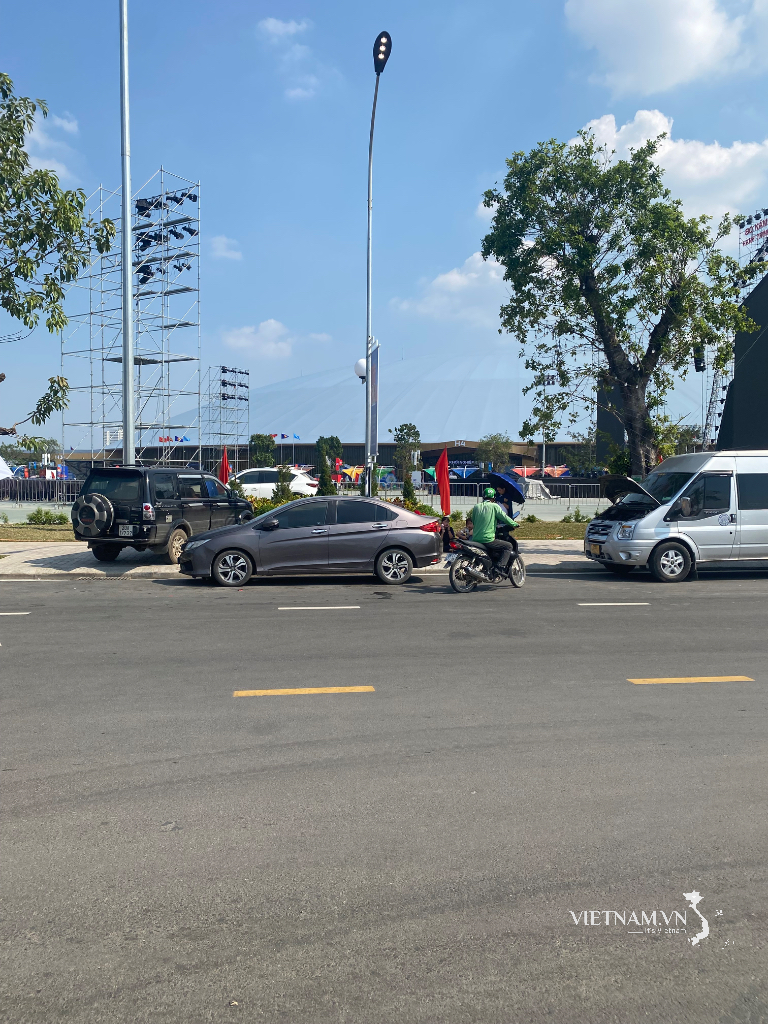

Comment (0)